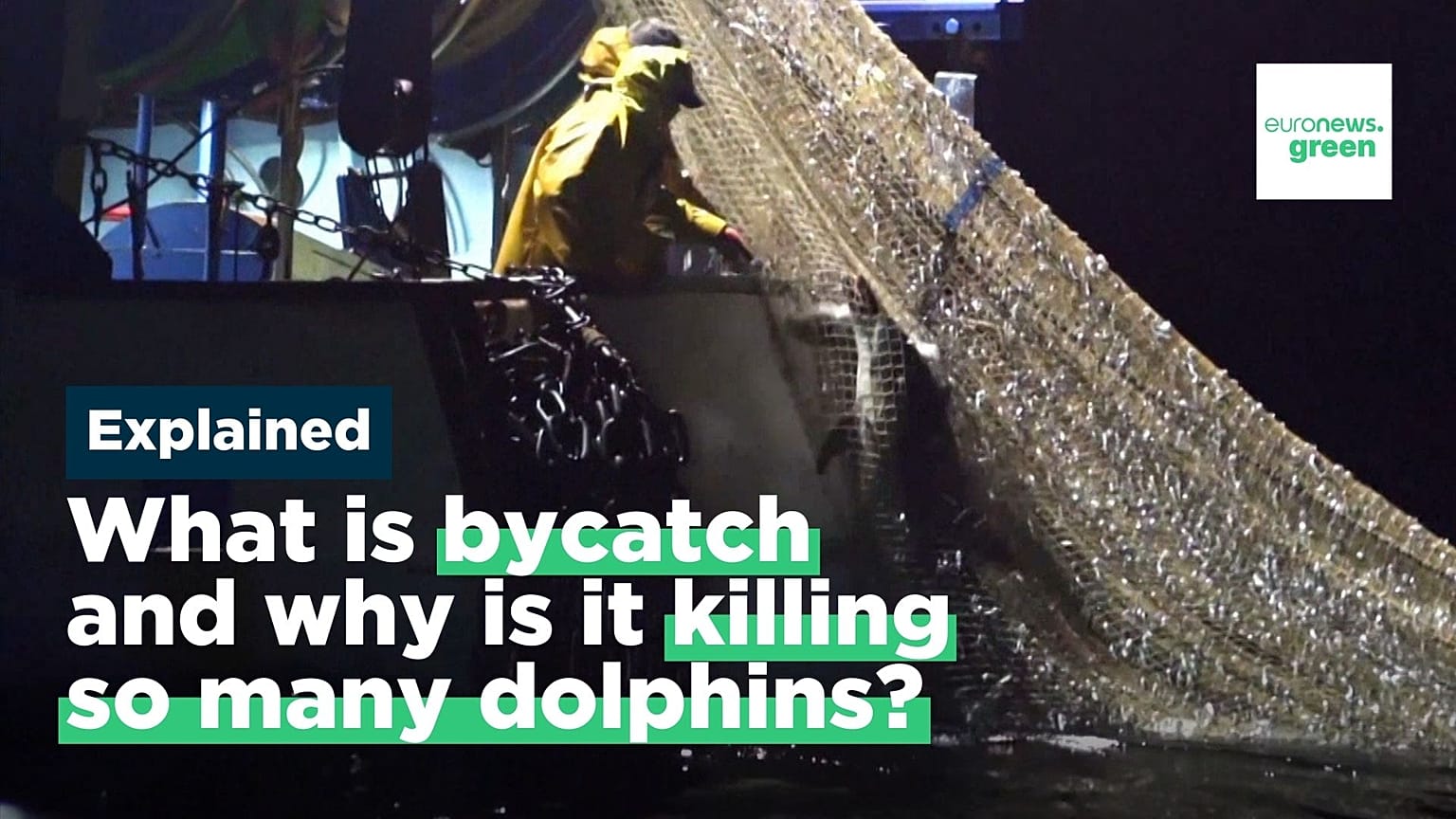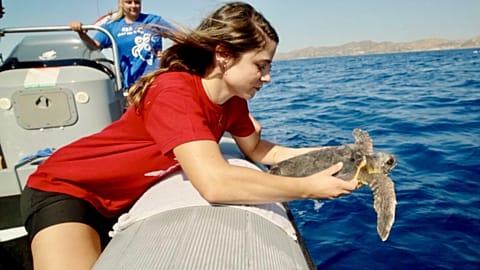Fishers accidentally catch many animals such as sharks, birds, whales and turtles. In the Bay of Biscay, it’s mainly dolphins that get caught in nets, and once they get entangled, they have little chance of surviving.
More than 1,000 dolphins have washed up on the French Atlantic coast since December 2022.
Most of these animals are likely to have drowned after accidentally getting caught in fishing nets.
Since 2016, the number of dolphins washing up on the coast has increased significantly - with the vast majority of animals showing signs of bycatch.
In 2020, nearly 1,300 dead dolphins washed up on the French Atlantic coast, two-thirds of which died as a result of bycatch.
While these numbers seem high, strandings only account for 10% to 20% of the total death toll.
According to the Pelagis Observatory, between 6,000 and 10,000 dolphins are killed each winter at sea, a worrying figure considering that only around 200,000 live in the region.
In March 2023, the French Conseil d'État, which is the government's legal adviser, asked the state to close certain areas of the bay to help the dolphin population recover.
In response to this request, the French government created a draft decree establishing measures to reduce bycatch.
These measures include an annual one-month ban on pelagic trawling and gillnet fishing, which will remain in force until 2026. However, vessels can obtain an exemption if they commit to using deterrent devices like pingers.
Closures are backed by both scientists and nature conservation groups as an emergency solution. But the consequences could be disastrous for the fishing industry.
Watch our explainer to learn more.


















